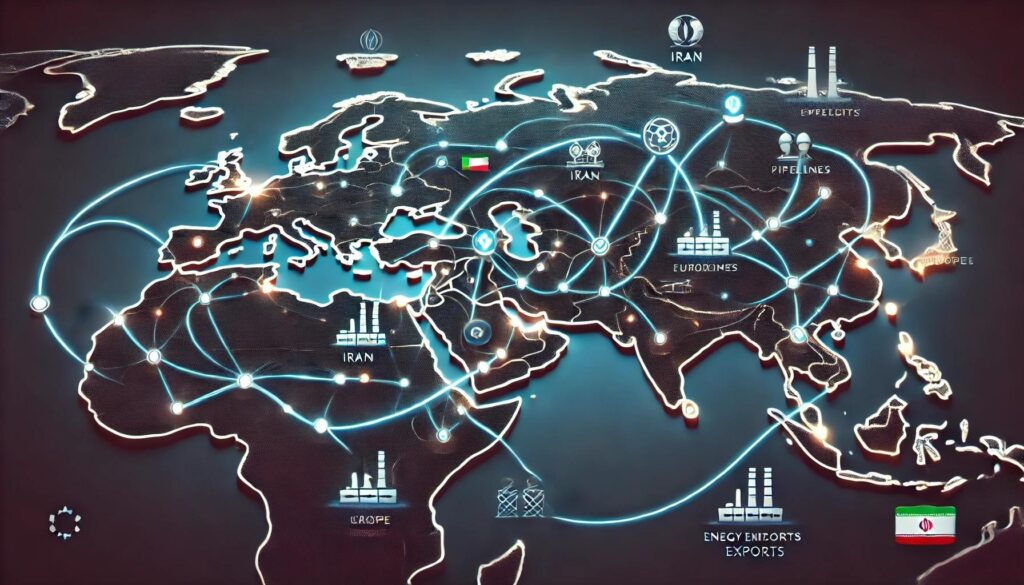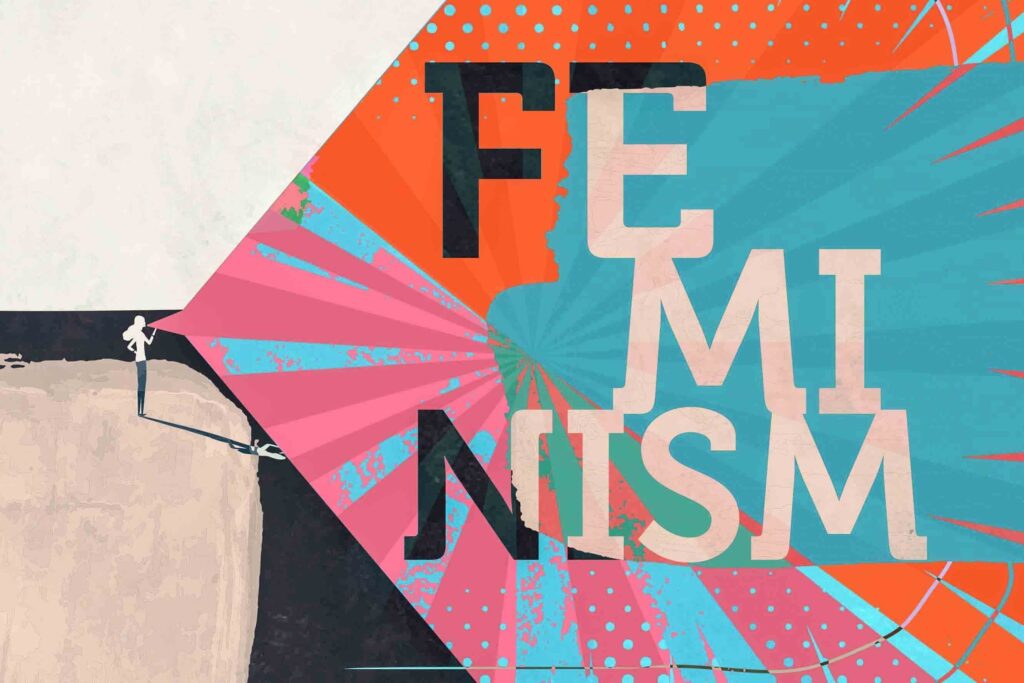An analytical note by the Darmani Think Tank on digital resilience: a new skill for managing cognitive and emotional pressures in cyberspace
Digital Resilience: Managing Information Overload in the Digital Age
1. The Challenge of Information Abundance
Modern users do not lack information—they are overwhelmed by it. Flooded with conflicting data, narratives, and analyses, people often rely on mental shortcuts, prioritizing speed over accuracy and sharing news without verification. This leads to reduced critical thinking and transforms social media from a space for awareness into one dominated by anxiety and emotional reactions.
2. What Digital Resilience Means
Digital resilience is the mental and psychological ability to maintain balance in the face of information overload, social pressure, and online emotions. Resilient users pause before reacting, evaluate sources, and preserve independent thinking, reducing the spread of misinformation. In contrast, users lacking this skill are more prone to cognitive anxiety and impulsive sharing.
3. Building Digital Resilience
Recent research emphasizes that fostering digital resilience requires education, guided experience, and trust, rather than censorship or over-control. Key strategies include:
- Teaching digital life skills alongside media literacy, focusing on emotional management and critical thinking.
- Designing platforms to encourage cognitive pauses, e.g., alerts asking “Is this source reliable?” or brief delays before sharing.
- Training educators to embrace “powerlessness” in controlling digital spaces, guiding rather than restricting users.
- Promoting open discussion of mistakes online to enhance collective resilience.
4. Digital Resilience as a Cognitive Immune System
Digital resilience acts like a cognitive immune system, protecting minds in the networked society. Like physical immunity against viruses, mental resilience helps users navigate misinformation and maintain ethical, reflective behavior. Societies that cultivate digital resilience empower citizens to pause, reflect, and make informed decisions—bridging the gap between information and truth.
This study was conducted by Ehsan Khoramid at Darmani ThinkTank in 2025.
To read more, click here



